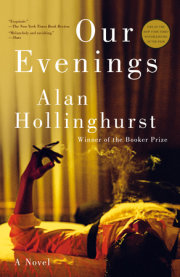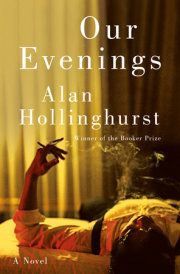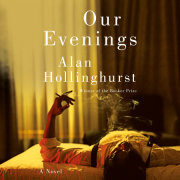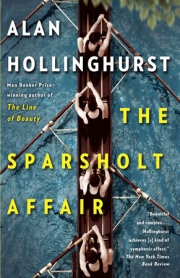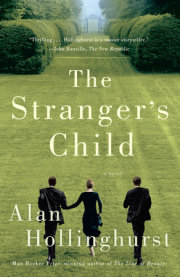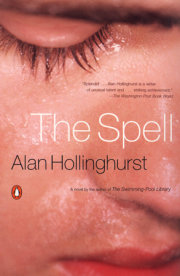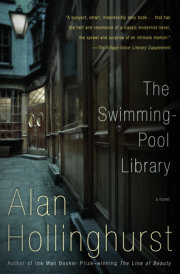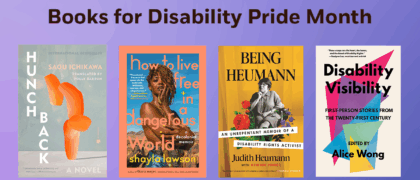No rehearsal this morning, so we stayed in bed—I made tea, and we sat propped up, searching our phones for stories about Mark. Why we needed to read them I’m not sure: perhaps knowing a famous person makes you part of the story, and you want whoever is telling it to see the point and get it right. The segment last night at the end of the News had been earnest but perfunctory, forty-five seconds from a young correspondent with no first-hand knowledge of the subject. It was confounding to learn about a friend’s death in this way. I muted the set, Richard put his arm round me, and we sat saying nothing as the cricket and then the weather came on.
Richard only met Mark once, at the ninetieth-birthday dinner at the Tate, where two hundred guests sat down in a room that was hung for the occasion with his own gifts. Mark looked and sounded frail when he made his speech, but we were all on his side, and he was modest and generous, toasting Cara too, who was one day older than him. I wasn’t sure, when we spoke briefly with them later, if they were wounded or quietly relieved that Giles wasn’t there.
In Mark Hadlow’s story, from the press point of view, there has always been an irksome absence of scandal—an ethical businessman, a major philanthropist, married to one woman for seventy years; not a hermit, indeed ‘a generous host’, but with no taste for the limelight: he was said to have turned down both a knighthood and a peerage, and none of the galleries and halls he endowed bears his own name. He can only be got at, for invasive gossip, through his children. Nobody has much on Lydia, except that she once appeared topless in a Warhol movie, and died in a car-crash in France five years ago. But Giles, of course, is everywhere, and so fiercely opposed to all his father stood for that Mark’s life-work is eclipsed by his son’s destructive career. ‘Mark Hadlow: Brexit Minister’s millionaire father dies,’ said the
Times; while the
Mail put Giles first in the sentence: ‘Giles Hadlow’s father dies at 94’. The photo of the two of them uneasily together dated from the 1980s. It would be mad to say Giles killed Mark, but I wondered what his feelings about him were now—continued defiance, or some kind of guilty grief?
‘Will you ring Cara?’ Richard said.
‘I ought to, yes,’ I said, but the question made me wonder: ours was a long and unshakable friendship, but I felt shy of ringing her up. ‘Or perhaps I’ll write her a letter’—then felt there would be almost too much to say. I looked across at the mirror that reflected the bed, and seemed to frame us in a larger and more beautiful space. ‘To have money and do nothing but good with it—how rare is that?’
‘Well, pretty much unheard-of,’ said Richard.
I thought, inexactly, of everything Mark had done for me, even before our first meeting at Woolpeck in my early teens. I pictured myself on that sunny weekend, my anxiety dressed up as self-possession, my cleverness hidden by nerves from the people who were hoping to see it. ‘The plain fact is,’ I said, ‘he changed my life.’ I can cry at will, on camera or on stage, night after night; but now I surprised myself. ‘I can’t imagine where I’d be without him.’
‘Oh, love . . .’ said Richard, with a consoling rub. ‘He was like the father you never had, I sometimes think.’
‘We were never that close,’ I said, wary of this idea. ‘It was really just chance—if I hadn’t won the Hadlow Exhibition I would never have gone to that school.’
‘And you would never have met Giles.’
I thought of what Mum said, just before she died, when the campaign was launched: ‘To think we could all be at the mercy of your terrible friend!’
‘They won’t win, Mum,’ I’d said.
‘Well, it won’t affect me,’ she said, ‘I’ll be gone, but you—and Richard . . .’
I looked again in the mirror, at the two old men in bed. Now Mum’s gone, and Mark’s gone, and here we are, with Giles all over the papers, all over the country, tearing up our future and our hopes.
Copyright © 2024 by Alan Hollinghurst. All rights reserved. No part of this excerpt may be reproduced or reprinted without permission in writing from the publisher.



